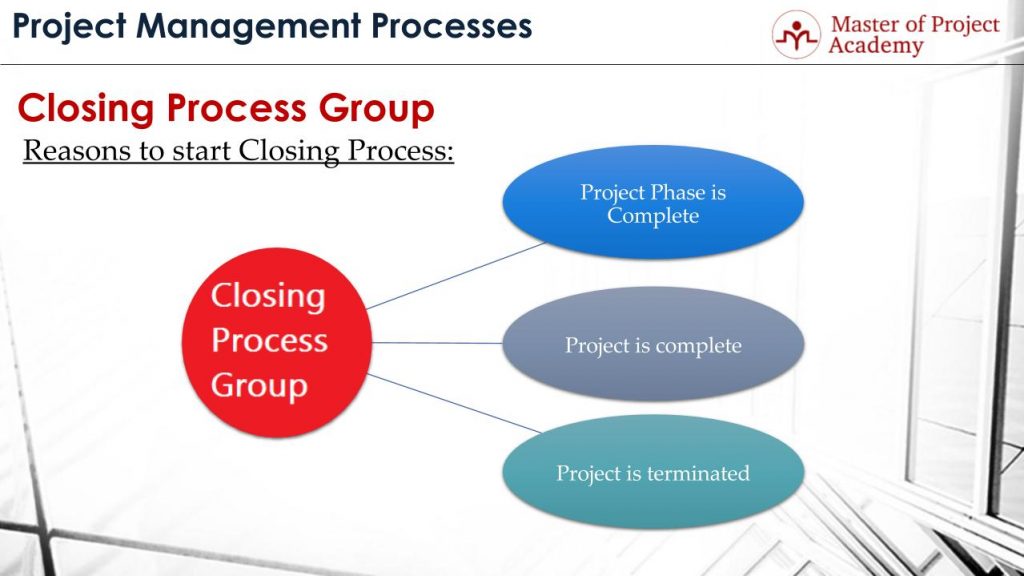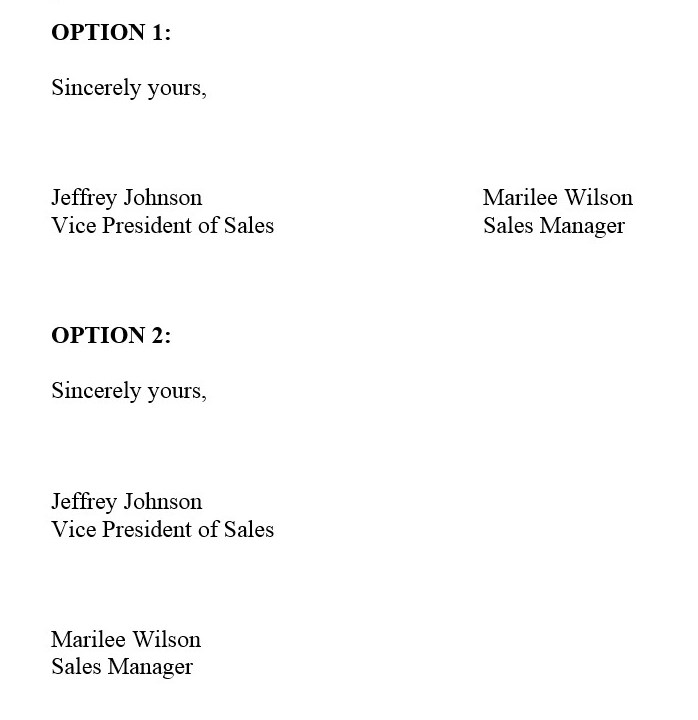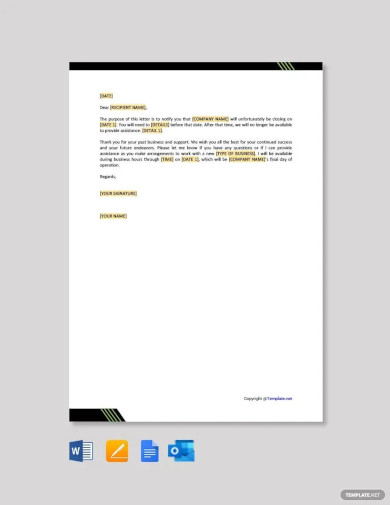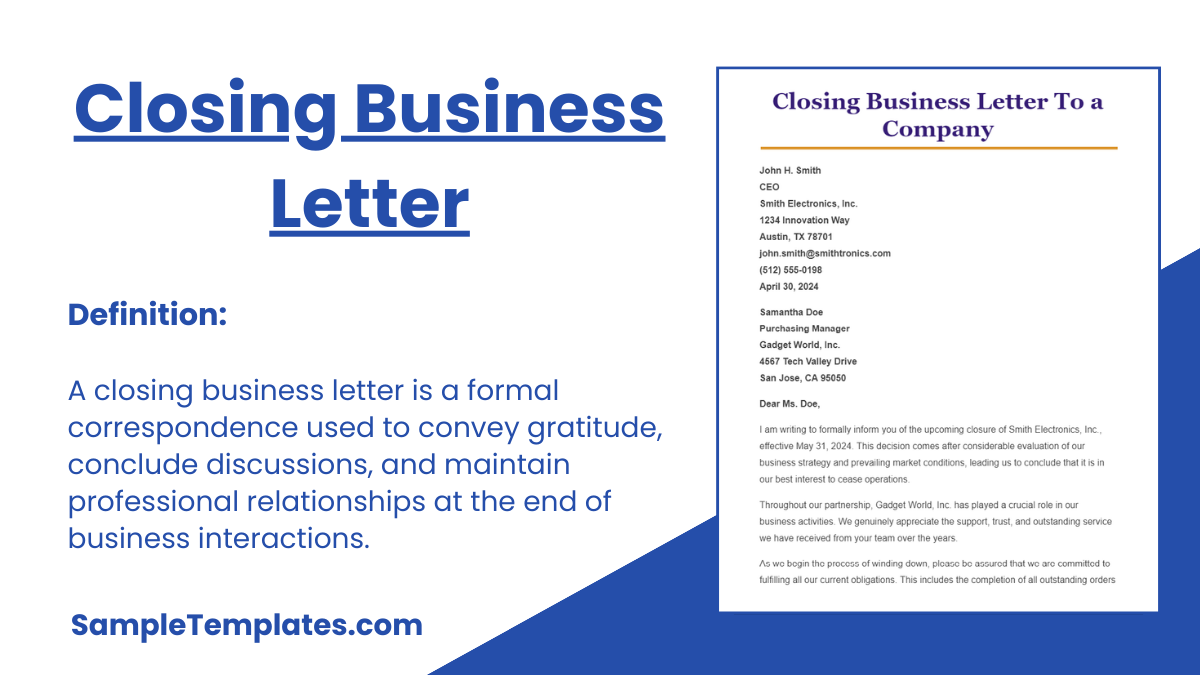My Company Is Closing What Should I Do

The news reverberates like a physical blow: your company is closing. A wave of uncertainty crashes over you, washing away the familiar routines and future plans you had carefully constructed. The immediate aftermath can feel overwhelming, but taking proactive steps now is crucial to navigate this challenging transition and secure your future.
This article provides a practical guide to help you understand your rights, manage your finances, and begin the process of finding new employment. Focusing on concrete actions and resources, we aim to empower you to take control of your situation and move forward with confidence. Remember, while this situation is undoubtedly difficult, it is not insurmountable.
Understanding Your Rights and Benefits
The first step is to understand your rights and what benefits you are entitled to. Contact your HR department immediately to clarify the details of your termination package. This includes severance pay, accrued vacation time, and any other benefits outlined in your employment contract or company policy.
Unemployment benefits are a crucial safety net. Apply for unemployment insurance as soon as possible after your termination. The U.S. Department of Labor website (www.dol.gov) offers detailed information about eligibility requirements and application procedures for each state.
Also, inquire about your COBRA (Consolidated Omnibus Budget Reconciliation Act) options. This allows you to continue your health insurance coverage, albeit at your own expense. Carefully weigh the costs and benefits of COBRA against alternative options like the Affordable Care Act (ACA) marketplace.
Managing Your Finances
Losing your job significantly impacts your financial situation. Create a budget immediately to assess your income and expenses. Identify areas where you can reduce spending and prioritize essential bills.
Contact your creditors to discuss potential payment arrangements if you anticipate difficulty making payments. Many lenders are willing to work with individuals facing job loss. Don't be afraid to ask for help.
Consider consulting with a financial advisor. They can provide personalized guidance on managing your finances, including investment strategies and debt management during this transition period. This may also be a good time to consider rolling over your 401(k) or other retirement accounts.
Starting Your Job Search
Begin your job search as soon as possible. Update your resume and cover letter to highlight your skills and accomplishments. Tailor your resume to each specific job application.
Leverage your network. Inform your contacts about your job search and ask for leads. Utilize platforms like LinkedIn to connect with recruiters and potential employers. Networking is key.
Explore various job boards and online resources. Indeed, LinkedIn, Glassdoor, and CareerBuilder are popular platforms for finding job openings. Don't limit yourself to online applications; attend job fairs and networking events.
Skills Assessment and Training
Evaluate your skills and identify any gaps that may hinder your job search. Consider taking online courses or workshops to enhance your skills and increase your marketability. Many free or low-cost resources are available through community colleges and online learning platforms like Coursera and edX.
Think about transferable skills. Skills like communication, problem-solving, and leadership are valuable across various industries. Emphasize these skills in your resume and during interviews.
The Bureau of Labor Statistics (BLS) provides valuable information on industry trends and in-demand skills (www.bls.gov). Use this data to inform your job search and identify potential career paths.
Seeking Support and Resources
Losing your job can be emotionally challenging. Don't hesitate to seek support from friends, family, or a therapist. Talking about your feelings can help you cope with stress and anxiety.
Utilize local resources such as career counseling services and job training programs. Many communities offer free or low-cost services to assist job seekers. Check your local government website for a list of resources.
Remember, you are not alone. Many people have experienced job loss and successfully transitioned to new opportunities. Stay positive, persistent, and proactive.
Looking Forward
While the closure of your company is a significant setback, it also presents an opportunity for growth and change. Use this time to reflect on your career goals and explore new possibilities. Consider this a chance to redefine your professional path and pursue your passions.
Embrace the challenge with resilience and determination. By understanding your rights, managing your finances, and actively pursuing new opportunities, you can navigate this transition successfully and emerge stronger than before.
The road ahead may seem uncertain, but with careful planning and a proactive approach, you can create a brighter future for yourself. Believe in yourself and your abilities.


















